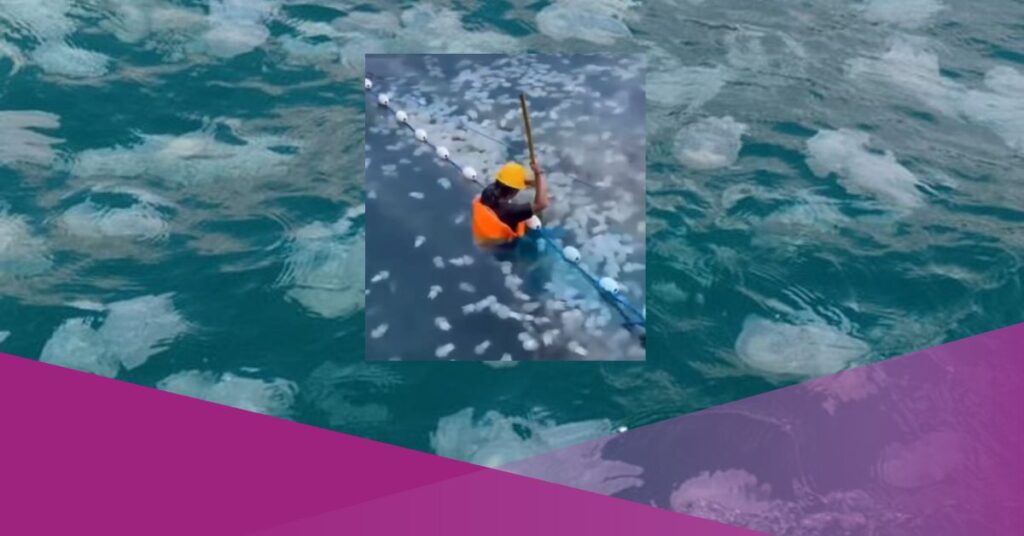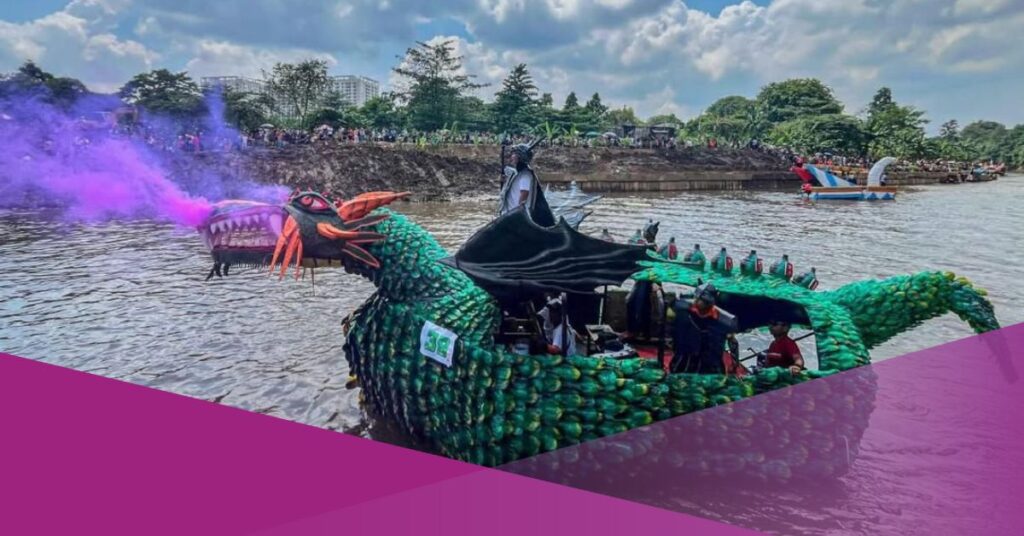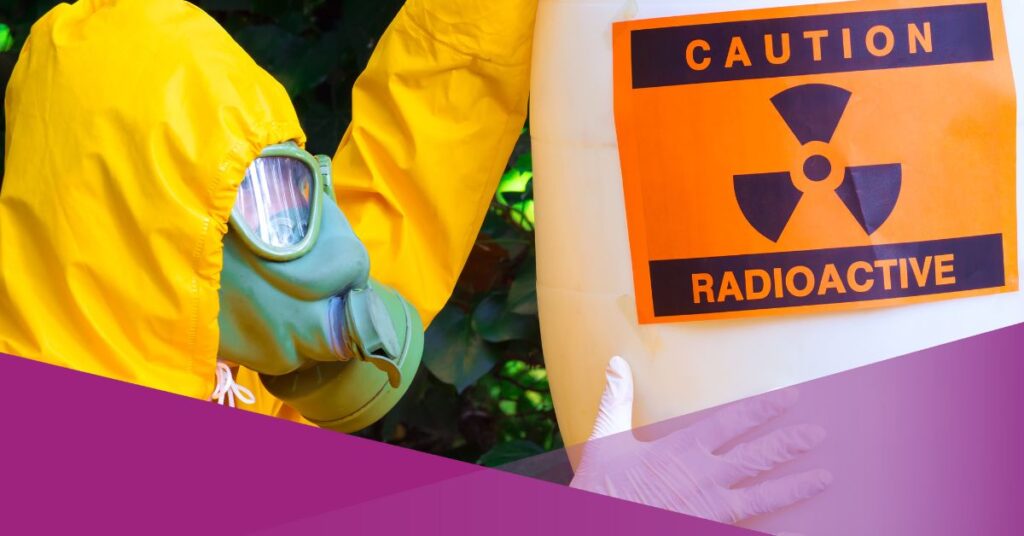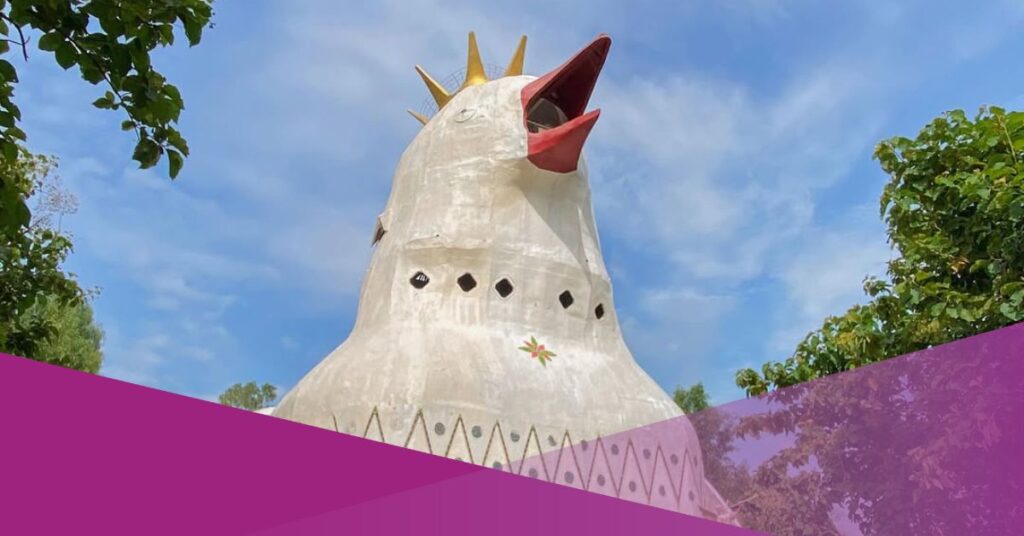The Steam Power Plants (PLTU) Paiton 1 and 2 in Probolinggo Regency, East Java, are once again experiencing a jellyfish influx, marking the second significant event of this kind after a similar occurrence in 2016.
Thousands of jellyfish were first detected last Saturday, 25 April 2020, and the phenomenon has reappeared as of 23 May 2025.
In response, PT PLN Nusantara Power’s Paiton Generating Unit (UP) has intensified monitoring and activated layered mitigation protocols designed to handle such biological disruptions, particularly around the intake canal, an essential component of the plant’s cooling system.
Senior Manager of PLN NP UP Paiton, Dwi Juli H, confirmed that all staff are on high alert:
“Although the number of jellyfish has been seen in the sea waters around the Paiton PLTU, the intensity of new arrivals is still being observed, and handling continues to be carried out carefully and continuously,” he said.
Mitigation Involves Local Collaboration and Environmental Measures
The handling process involves manual netting operations alongside the use of three layers of specialised safety nets. These steps are part of a precautionary protocol to prevent jellyfish from disrupting plant operations or damaging critical cooling infrastructure.
“To mitigate jellyfish from entering the power plant machinery, we also installed fishing nets with a radius of 300 metres from the intake canal,” added Dwi Juli H.
The response includes collaboration with the local fishing community. Ten fishing boats, operated by local fishermen and PLN NP staff, have been deployed to routinely conduct netting activities and return jellyfish to open waters.
This partnership reflects PLN NP’s commitment to both operational stability and marine ecosystem preservation.
“We manage jellyfish without disrupting the continuity of electricity supply to the community, while still preserving the marine ecosystem,” said Dwi Juli H.
PLN NP reiterated its commitment to maintaining the stability of the Java-Bali electricity network while adapting to cyclical natural events such as jellyfish migration.
The company stated that continuous monitoring will remain in place for the foreseeable future.
Find this article helpful? Check out our other articles from Social Expat for more News!
- A Bali Restaurant Owner Welcomes Stray Dogs into Her Eatery
- Korean Actor Woo Do-hwan Enjoys Bali’s Tanah Barak: More About This Beautiful Spot
- Bali Ocean Breeze Can Lower Stress Levels: Best Beaches in Bali 2025




































